Exploring if cannabis can be used for PTSD treatment is kind of like juggling what we do know with what we don’t know. While there are many veterans experiencing benefits from using cannabis, researchers say that cannabis for PTSD might not have an effect in the long term. For a look into this interesting topic, keep reading this article.
The emergence of cannabis as a legal medicine in many parts of the world has meant that many patients are being prescribed cannbis.
As well as sufferers of anxiety and depression, patients experiencing PTSD (Post-Traumatic Stress Disorder) are also becoming one of the largest groups seeking relief from cannabis. There are a lot of labels being thrown out there, such as “self-medication”, a “coping mechanism” and “cannabis abuse disorder”.
The link between cannabis and PTSD is interesting to say the least. While some researchers suggest that weed has no ability to treat PTSD, the anecdotal evidence says otherwise.
Research into the topic has opened up a myriad of questions that we could ask in relation to this issue. Is it just a coping mechanism or is it actually a form of treatment? And if it is just a coping mechanism for something we don’t yet have a treatment for, what is wrong with that exactly? In fact, an exploration into this area sheds light on a lot of matters to do with weed.
What is PTSD?
Post-Traumatic Stress Disorder is a mental health condition that is usually observed in people who have experienced a life-threatening event. It can range anywhere from combat to sexual assault and even to a car accident.
It is not the event itself that leads to a PTSD diagnosis, but the symptoms that occur after the event. Not necessary that every person develops PTSD after the same traumatic event, and the severity of the event itself does not directly correlate to the severity of PTSD. The symptoms can even continue decades after the event has passed.
People can experience trauma immediately following a life-threatening event but be well within weeks or a couple of months. PTSD is distinct in that those suffering continue to experience that trauma even years later.
The symptoms of PTSD are usually separated into four different categories:
- Re-experiencing symptoms
Sometimes this is known as having flashbacks, where the patient continues to relive the experience. For some it happens through dreams, whereas for others it can be relived simply through an extremely vivid memory. - Hyperarousal
Hyperarousal is distinguished by a sense of constant alertness or danger. PTSD patients often have trouble concentrating or might even exhibit symptoms of insomnia. It can also be expressed in anger, easy irritation or that the person is easily startled. - Avoidance
PTSD patients often try to avoid events that might trigger the memories of this event. This can even include talking about it. Sometimes it happens subconsciously. - Harboring negative beliefs and feelings
After a traumatic event, someone who experiences PTSD might harbor feelings of shame, guilt and even social paranoia. It could be hard to trust people, or the person might not be interested in things that once made them happy.
It is hard to say that PTSD is any one thing in particular, since each patient experiences the symptom in a different way. Whereas one patient might not be able to stop thinking about the event and therefore can’t get on with daily activities, another might be completely traumatized by their nightmares or dream experiences.
However, a traumatic event coupled with a long bout of some of these symptoms is what suggests PTSD.
An increase in cannabis use and diagnoses
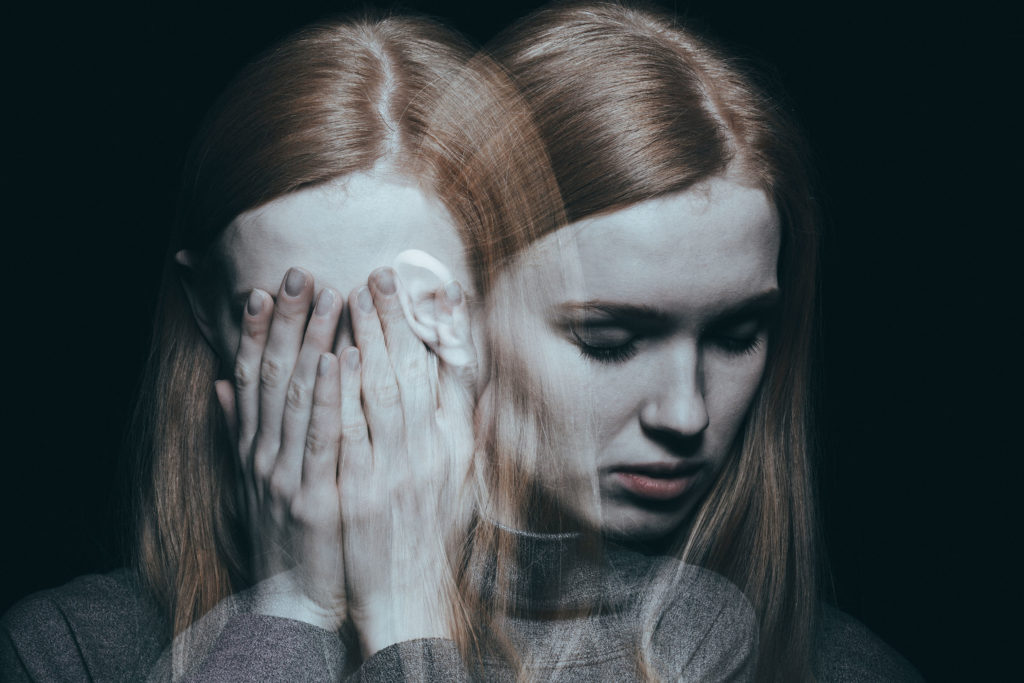
The statistics about cannabis use in the previous decades suggest that we are looking at one of the highest cannabis using world populations ever. But it’s important to take note of the fact that it has become legal in many parts of the world in the last few years.
These stats might have nothing to do with people using it as it does to do with people admitting that they use it. It’s pretty far out to suggest that (almost) daily use of cannabis has increased 60% in the last decade in the USA (which is what is suggested in the “National Survey on Drug Use and Health”). It’s likely that no one wanted to tell a governing body they were using it prior to that because it was illegal.
With that information the National Centre of PTSD even says that cannabis legalization has messed with the statistics of diagnosis of anxiety, depression and PTSD. If you just have to tell your doctor you’ve been feeling a little sad lately so that he’ll prescribe you medical cannabis, why not, right?
I never considered that some of these cases might actually contribute to the statistics of certain mental health conditions, but apparently it does. For the sake of avoiding this statistical problem, I’m going to stick to the point of war-related stories. It’s easy to see how war veterans might suffer from PTSD, and their stories with weed could tell a lot.
PTSD and the endocannabinoid system
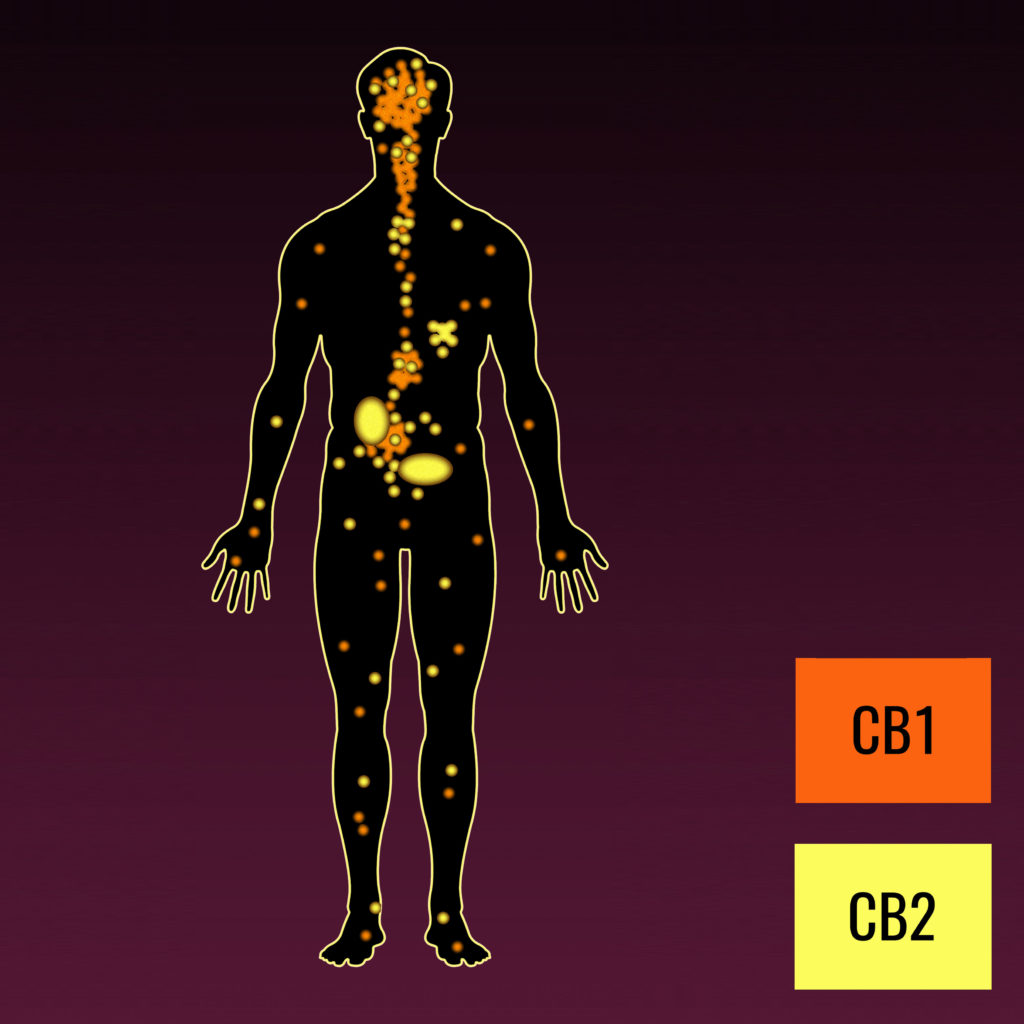
Unlike other mental health conditions, the link between PTSD and cannabis use has been studied extensively. This is particularly true in the relationship between PTSD and the endocannabinoid system – which is how marijuana does most of its work.
Martin Lee, a director of Project CBD as well as an affiliate of the Multidisciplinary Association for Psychedelic Studies (MAPS) has a particular interest in the area of PTSD and has done a lot of research.
Martin Lee wrote that “people with PTSD had lower serum levels of anandamide, an endogenous cannabinoid compound, compared to those who did not show signs of PTSD after 9/11”. He also mentioned that the cannabinoid receptor CB-1, deals with many psychological functions such as fear response, stress adaptation and emotional learning.
This is sounding a lot like the part of the brain that deals with the symptoms of PTSD. The lack of anandamide means that the CB-1 receptor doesn’t get stimulated as much as it usually likes to, and of course this results in an impaired fear response, impaired emotional learning etc.
Lee’s basic suggestion is that the foundation of PTSD rests in a dysfunctional endocannabinoid system. His research also finds that if the CB-1 receptor is functioning normally, traumatic memories and the stresses associated with them become deactivated.
What we are observing through Lee’s studies is a fundamental link between PTSD and the internal system through which weed functions, and this tells us a lot about why veterans might want to use medical cannabis.
Although Lee is quite convinced of his findings, there are other scientists who say that there have not been enough clinical trials to make the hypothesis.
Dr Sachin Patel, a psychiatric researcher at Vanderbilt University Medical Centre says that there is almost no data, even within the studies undertaken, that suggest that cannabis is an effective medicine for PTSD.
Is it a coping mechanism that causes cannabis dependency?
Every human being has coping mechanisms for all kinds of different stresses. Some people drink too much coffee to deal with how tired they are, while others puff away on cigarettes to deal with stress. Others need to wind down with a glass of wine at the end of the day otherwise they can’t sleep.
The problem arises when we become dependent on our coping mechanisms rather than dealing with the underlying issue. But is there really an issue with having one in the first place?
It seems to me like some kind of propaganda to suggest that PTSD patients might begin to develop addictions because of how well cannabis helps them cope. There has not even been adequate research into what happens after the cessation of cannabis in PTSD patients.
Marcel Bonn-Miller, researcher of the National Centre of PTSD, tried to address this issue by conducting a study on veterans who were self-medicating with cannabis and then stopped. The conclusion implies that those who abuse their cannabis use during treatment of PTSD have smaller treatment gains after cessation of their cannabis use.
The essential question is if cannabis has the power to treat PTSD once and for all. There are so many stories online that tell us the power of cannabis to increase the overall quality of life of someone suffering with PTSD. But the evidence suggests that when they choose to stop, the symptoms come back.
I don’t believe there’s anything wrong with that slight bondage that can occur. We don’t need to call it the cure-all for PTSD, but we can acknowledge that it helps at the very least.
The symptoms that PTSD patients experience can be debilitating, and for many the ability to reconvene to normal life through cannabis use is godly. That does not make it a cure, but until now it is one of the few effective treatments we have been able to come across.
The use of cannabis to treat PTSD can be likened to the use of anti-depressants to treat depression. They can’t always be called the answer for depression, but they can function as such a welcomed break from the depressive thoughts. Such a break from a constant bombardment of these kinds of thoughts might actually create the space for a deeper exploration.
We don’t yet have a cure for PTSD and that is probably due to the fact that we don’t have an executive understanding of many mental health conditions. But it seems that PTSD patients can benefit, even if it is only in the short term, from using cannabis as a form of treatment.





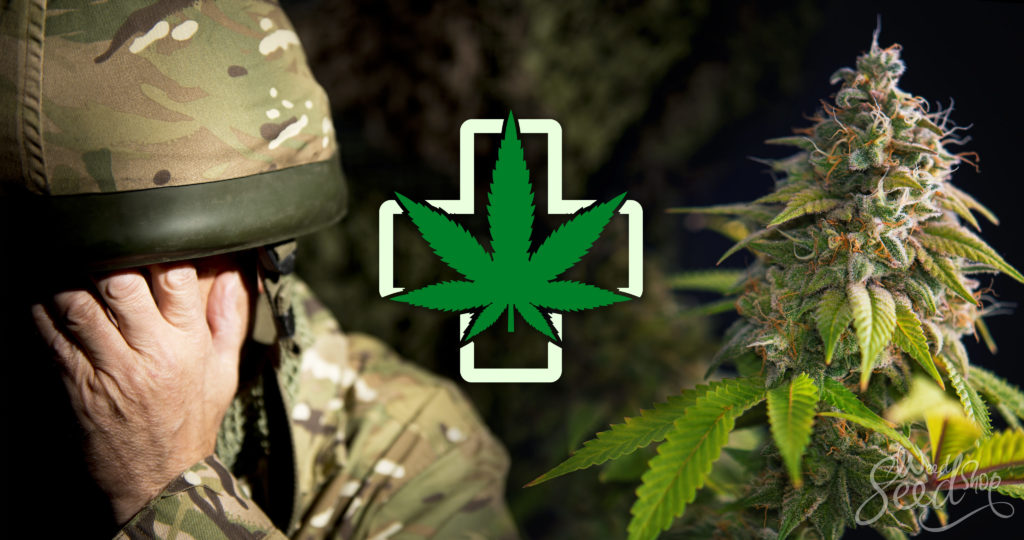
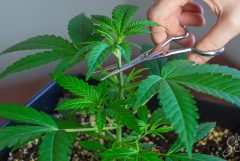

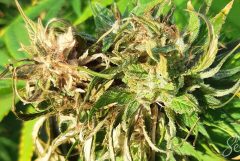
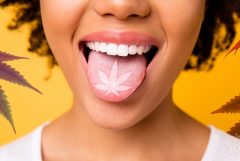
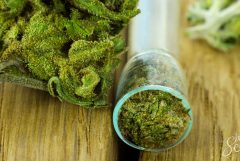
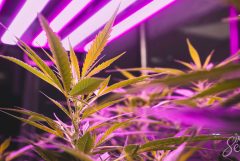

Is it safe to order it thur the mail.?